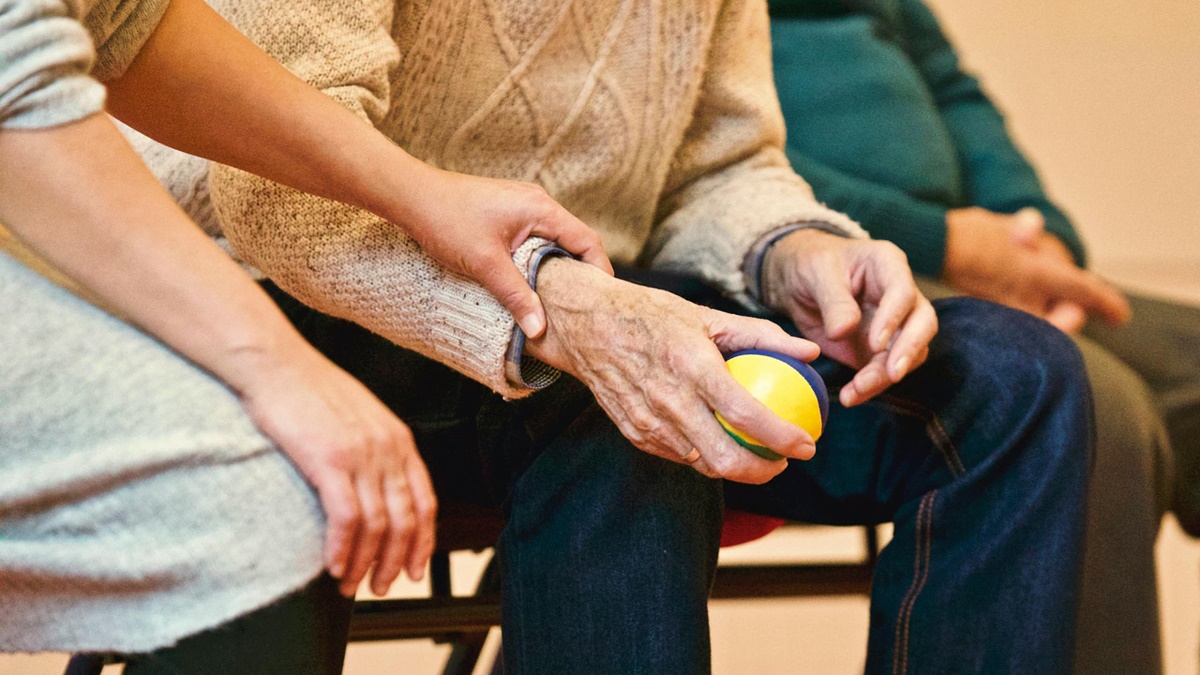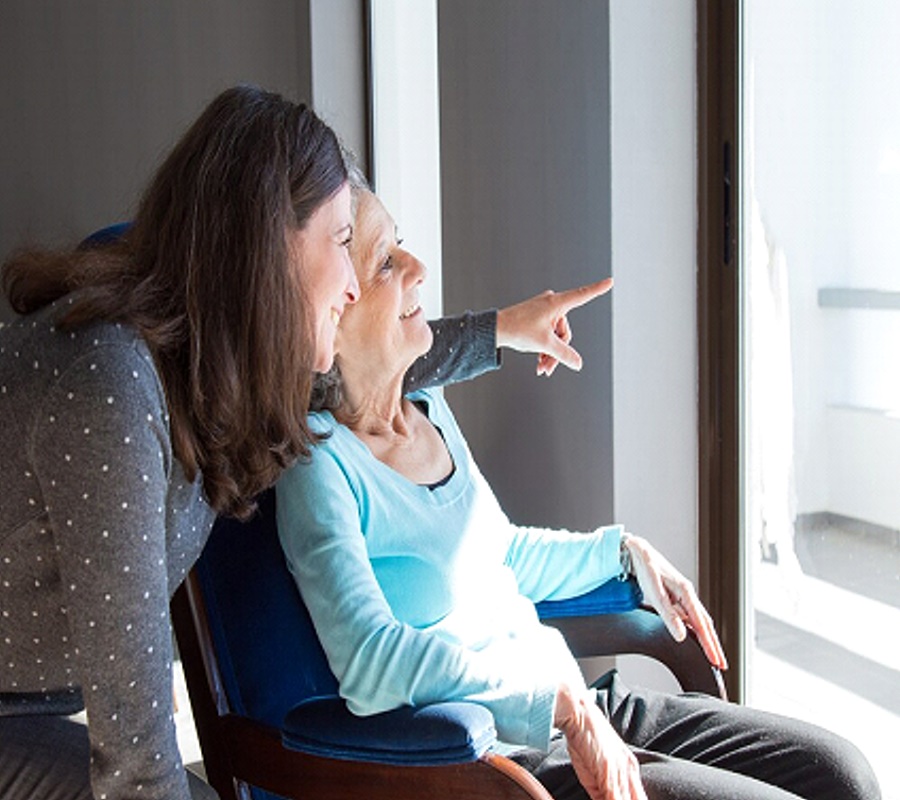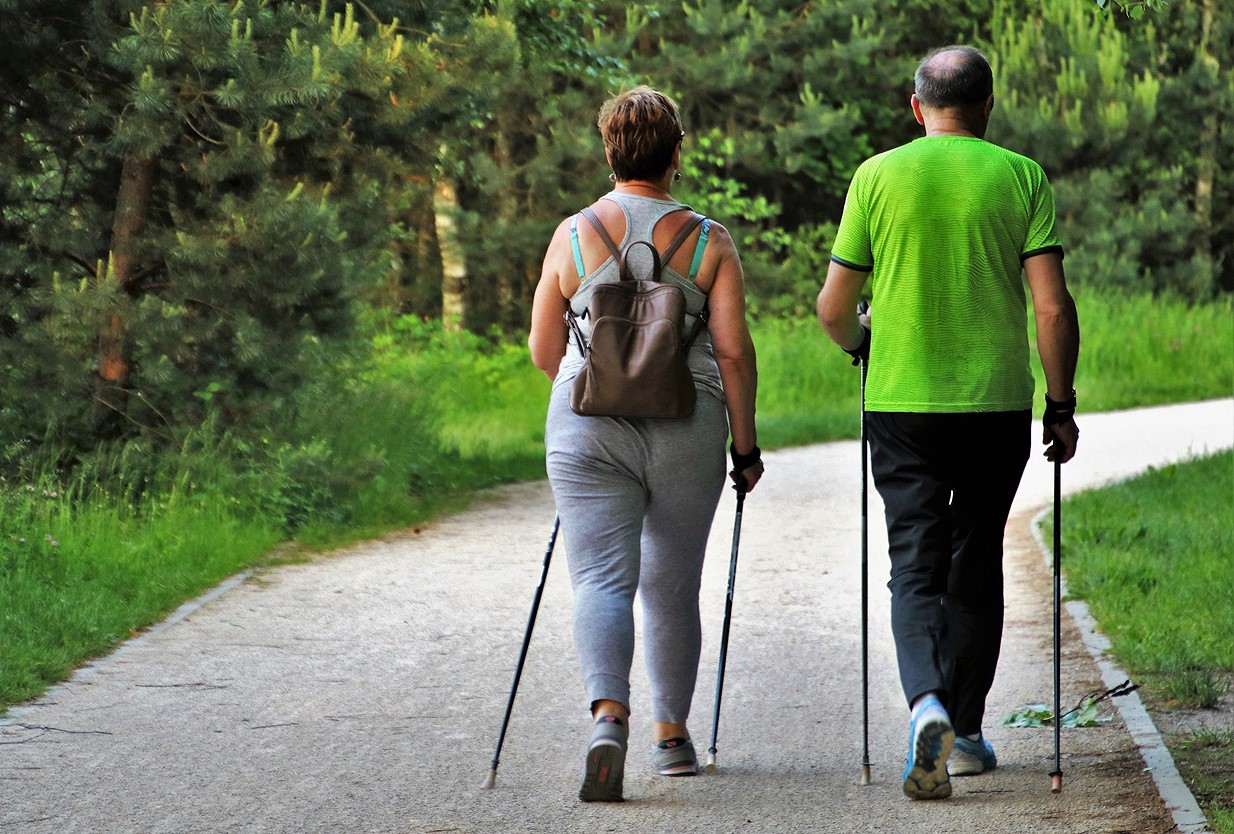
Image via Pexels
Becoming a caregiver changes your world in ways that are both beautiful and exhausting. You step into a role that demands compassion, patience, and stamina, often with little preparation and even less support. But here’s the thing most people won’t tell you—you can’t truly be there for someone else if you’re constantly sidelining yourself. The concept of self-care isn’t about pampering; it’s about preservation. Whether you’re new to caregiving or have been at it for a while, it’s time to prioritize your well-being with equal intensity. Because when you take care of you, everyone benefits.
Don’t Just Move—Move With Intention
You already know that exercise matters, but as a caregiver, physical movement does more than help you stay fit. It’s a key to mental clarity and emotional regulation. When you stretch, walk, or even do short online workouts, you’re giving your nervous system a break from stress-induced adrenaline. The trick is to find something realistic: maybe ten minutes of yoga before your senior wakes up or a brisk walk during their nap. You don’t need a gym membership or a perfect routine—just a commitment to show up for yourself regularly.
Your Plate Can Be Your Power Source
Eating well might seem like a luxury, especially when you’re juggling medications, meals, and routines for someone else. But your own nutrition is non-negotiable. Try to stock up on healthy grab-and-go options like cut fruit, trail mix, hummus with veggies, or protein bars—anything that fuels you without adding stress. Avoid the temptation to rely solely on caffeine and quick sugar fixes, which only deepen fatigue later. What you eat literally shapes your mood and energy, so nourish your body with the same care you give your loved one.
Recognize that Education and Care Can Coexist
Caregiving often feels like pressing pause on your own future. But in today’s world, you don’t have to sacrifice personal goals to fulfill family responsibilities. Online degree programs make it possible to study and grow on your terms. For instance, an online computer science degree gives you access to valuable skills in programming, IT systems, and algorithm design, all while letting you work around your caregiving schedule. The flexibility allows you to attend class after bedtime, review materials during quiet hours, and gradually build a career without ever having to leave home. Investing in your education isn’t selfish—it’s strategic, and it opens doors you may not even know you need yet.
Reclaim Your Calm with Micro-Moments
Waiting for a full day off to decompress is unrealistic for most caregivers. Instead, reclaim peace through micro-moments of calm. Try deep breathing while waiting for the kettle to boil or listen to calming music during household chores. Guided meditation apps can help, even if you only have five minutes. These slivers of serenity offer more than just relief—they teach your mind to recognize stillness and center itself, even during chaos. You deserve mental space that belongs just to you.
You’re Not Alone—Even When It Feels Like It
One of the most isolating aspects of caregiving is how invisible your struggle can feel. But isolation is a problem you can address. Make regular social check-ins a priority, even if they’re virtual. A video call with a friend or a coffee date with a neighbor can restore a sense of normalcy and connection. Don’t hesitate to lean on support groups, too—both online and local ones can offer understanding, advice, and a place to vent. Building a network doesn’t just help you feel less alone—it keeps burnout at bay.
Rediscover Joy Through Hobbies
The caregiver identity can eclipse everything else you once enjoyed. That’s why finding or reigniting a hobby isn’t just a pastime—it’s an act of self-preservation. Whether it’s watercolor painting, playing an instrument, reading historical fiction, or growing succulents on the windowsill, these moments remind you of who you are beyond caregiving. Give yourself permission to indulge in something that serves no one but you. You’re still allowed to explore, create, and enjoy simply because it makes you happy.
Boundaries Aren’t Walls—They’re Windows
Being available 24/7 might sound noble, but it’s a direct road to burnout. Boundaries don’t mean you care less; they mean you’re choosing longevity over martyrdom. Set limits on your availability for non-urgent matters, even with family. Let others know when you’re off-duty, and be okay with not answering every text immediately. Saying “no” is a skill worth developing—it clears the space you need to breathe and function without resentment.
You’re doing one of the most challenging and meaningful jobs out there. But the truth is, your longevity in this role depends on how well you care for yourself. Self-care isn’t selfish—it’s what makes you sustainable. From small habits to long-term goals, each step you take toward yourself makes you stronger, clearer, and more whole. And in that wholeness, you’ll find a better version of the caregiver you already are.
Explore Caregiver Corner for invaluable resources and community support to help you navigate the challenges of caregiving with confidence and compassion.
Post contributed by Karen Weeks at elderwellness.net




